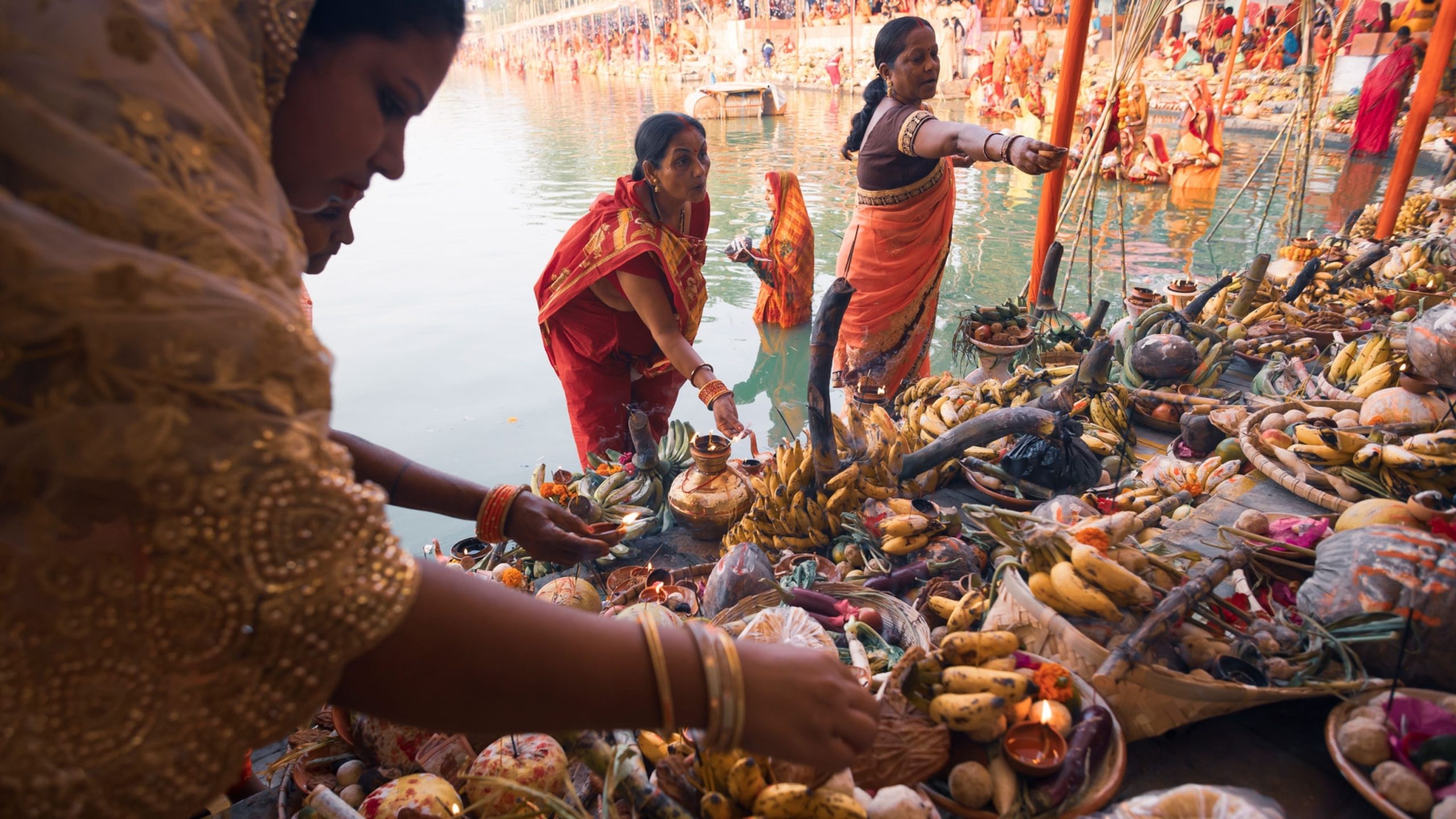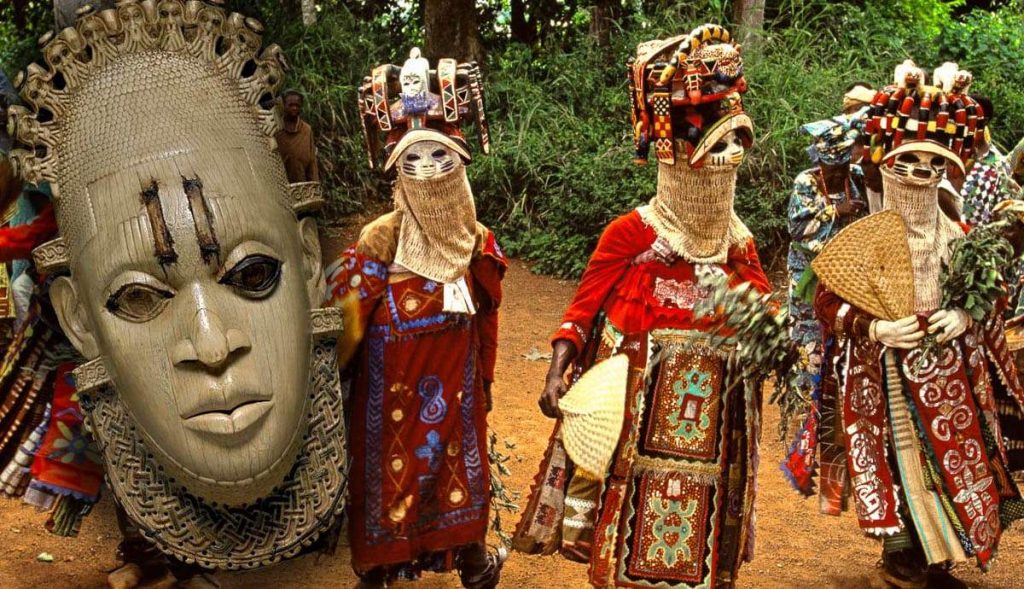
Understanding the Importance of Ceremonies
Ceremonies have always existed as integral parts of human history, playing pivotal roles in the socio, cultural, and spiritual development of many societies. The rite of passage, an age-old practice, marks significant life transitions for members of society. As the glue that holds societies together, they reflect our values, beliefs, and traditions. They are typically held on special occasions like the new year, birthdates, or anniversaries of an event in history. Evolving from simple rites to elaborate ceremonies, they help foster a sense of identity, shared experiences, and community cohesion.
Uncovering Shared Traditions in Ceremonial Practices
Throughout history, these shared traditions have been passed down from one generation to the next, marked by their intricate choreography and symbolism. The rites of passage vary across different cultures, but almost every society acknowledges three main stages in life: birth, maturity, and death. The process of coming of age, for instance, is celebrated with a special ceremony in many cultures. By examining the history and cultural significance of traditional ceremonies, we can appreciate the unique ways different societies mark these milestones.
The Evolution and History of Ceremonies
The history of ceremonies dates back thousands of years ago, demonstrating their significance in human history. From the United States to the farthest parts of Asia, traditional and modern humans alike have used and developed various forms of ceremonies to commemorate and celebrate significant life events. Ceremonies may be religious, secular, or fall in between, but they all serve distinct social and cultural functions enabling individuals to make sense of their world.
Discovering the Purpose of Ceremonies in Societies
Ceremonies play many roles in society. They foster unity within communities and allow us to honor revered figures from past generations. They act as a marker for significant occasions such as coming of age or new year celebrations. They offer comfort during challenging periods, allowing us to remember a loved one through a funeral ceremony. The role of ceremonies remains vital and important to our everyday life.
The Integral Components of a Ceremony
Ceremonies are comprised of various components, and while these can differ significantly from culture to culture, they often share certain elements. Shared elements can take place in sacred places or might involve specific sacred objects. Often, both participants and observers are required to perform their respective roles according to a set ceremony and ritual.
The Role a Celebrant Plays in Ceremonies
A celebrant, often an elder or person of high social status, plays a critical role in facilitating the ceremony. They guide the participants through the rite, ensuring all customs and traditions are respected and followed. By doing so, certain rituals and ceremonies continue to be passed down through generations intact, with their original meaning and cultural power preserved.
Exploring Various Ceremonial Occasions
Ceremonies occur at a multitude of life stages and events. Coming of age ceremonies marked by specific rites of passage help young members of society transition into adulthood. Wedding ceremonies, where two individuals become husband and wife, are celebrated joyfully with family and community. Other events may include award ceremonies acknowledging achievements, spiritual ceremonies meant to invoke blessings and traditional healing ceremonies.
The significance of Ceremonies in Celebrating Life Events
Ceremonies are essential for celebrating and marking life events. They provide structure, meaning, and create memories for special events in our lives. A wedding ceremony, for instance, is not just the joining of two people but is accompanied by the joy and happiness of family and friends coming together to celebrate this union. However, ceremonies are not only for joyous occasions. They also honor the sadness of loss during a funeral ceremony or the collective commiseration of a community near the end of a season.

Understanding the Process Involved in Organising a Ceremony
Whether it’s a new year celebration, a coming of age ceremony, or a wedding, organizing a ceremony involves careful planning and preparation. All elements – venue, time, participants, celebrant, and rituals – need to be thoughtfully considered. Creating a memorable and meaningful ceremony helps us commemorate, celebrate, and honor the important moments in our lives.
Other Relevant Information
While ceremonies radiate immense cultural wealth and social significance, their constant evolution is also worthy of exploration. From the basic rite of passage held thousands of years ago to the now elaborate ceremonies that take place globally, their transformation provides unique insights into our evolving societies and cultures.
References and External Links
There are plenty of resources available for further reading and research on ceremonies and their role in history. University presses release numerous scholarly papers discussing various celebratory practices and their significance. For a more convenient way of receiving these academic materials, set up email alerts from these presses or your preferred institutions to get new releases sent directly to your email address. For institutional access to exclusive materials, please contact the respective university or register using your email address.
In line with enhancing your experience as you navigate these resources, we make use of cookies to remember your preferences and compile aggregate data about site interaction and site usage. By utilizing our site, you consent to the use of cookies.





